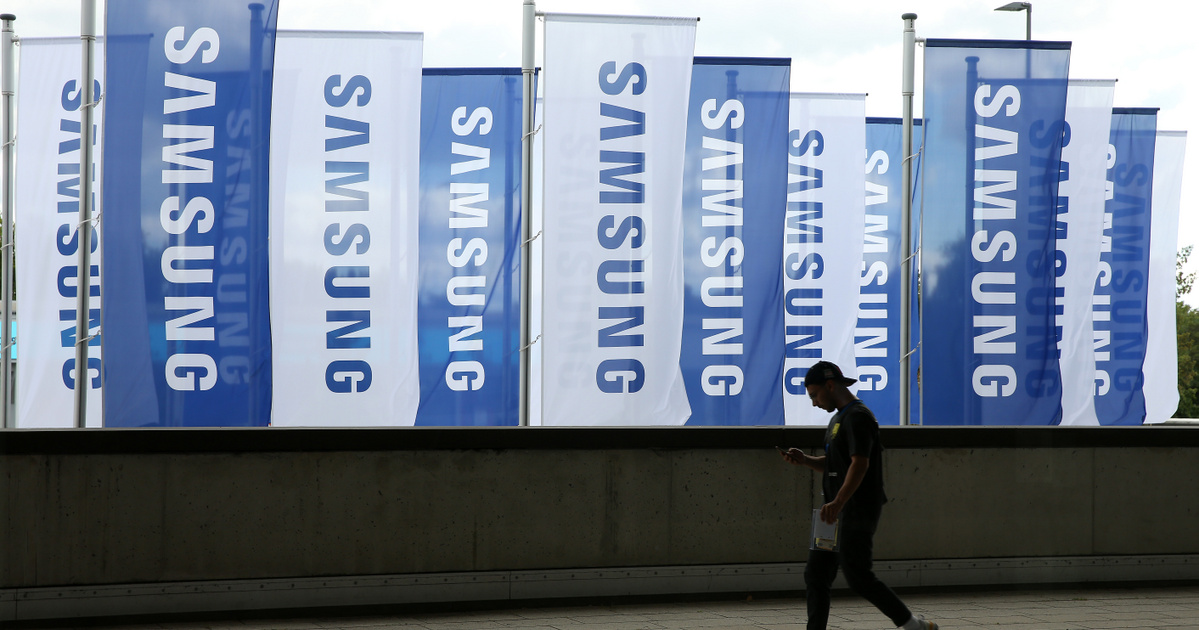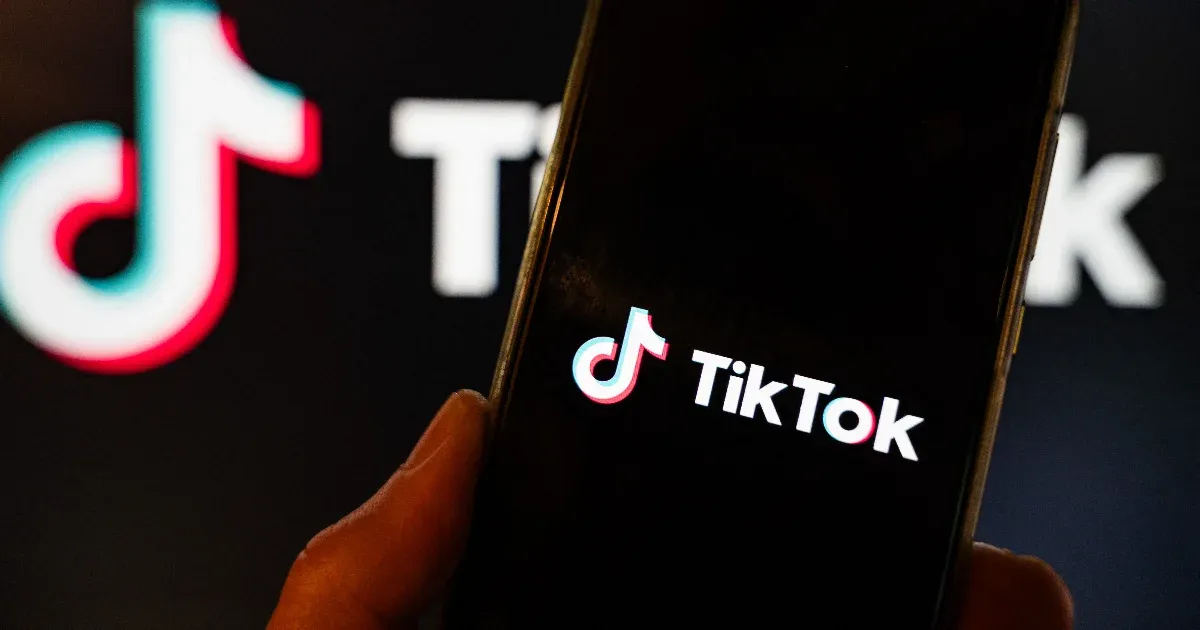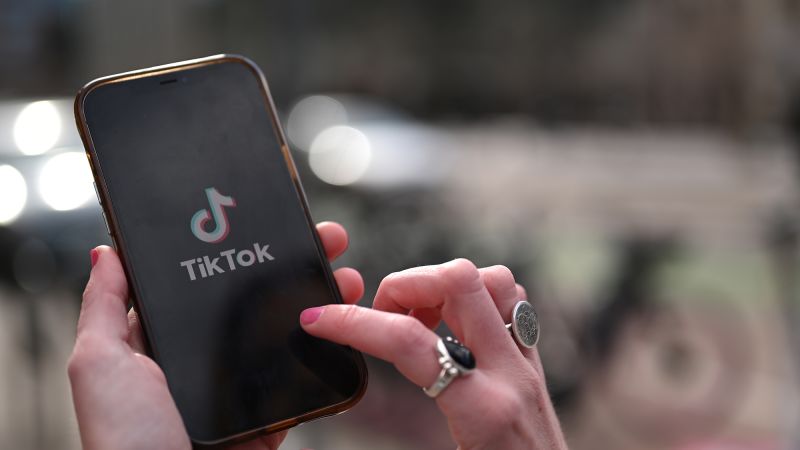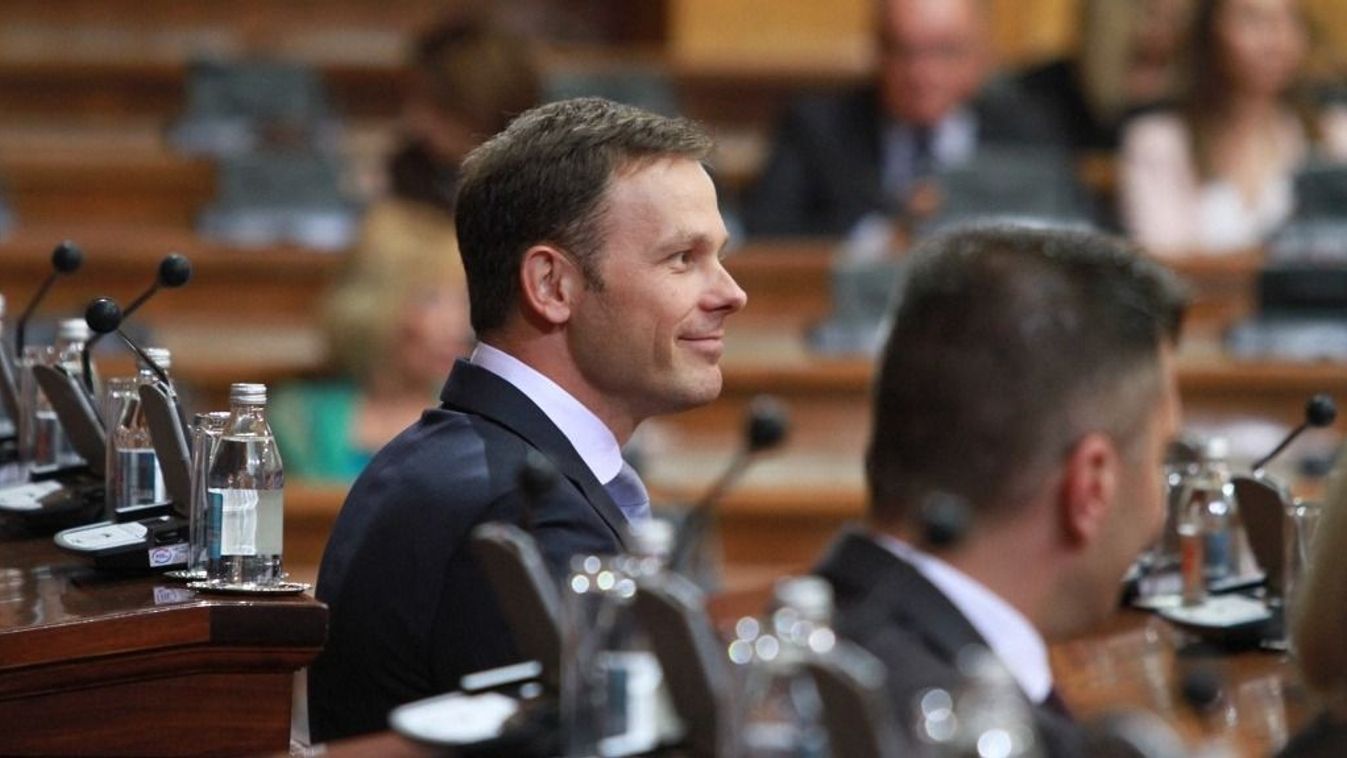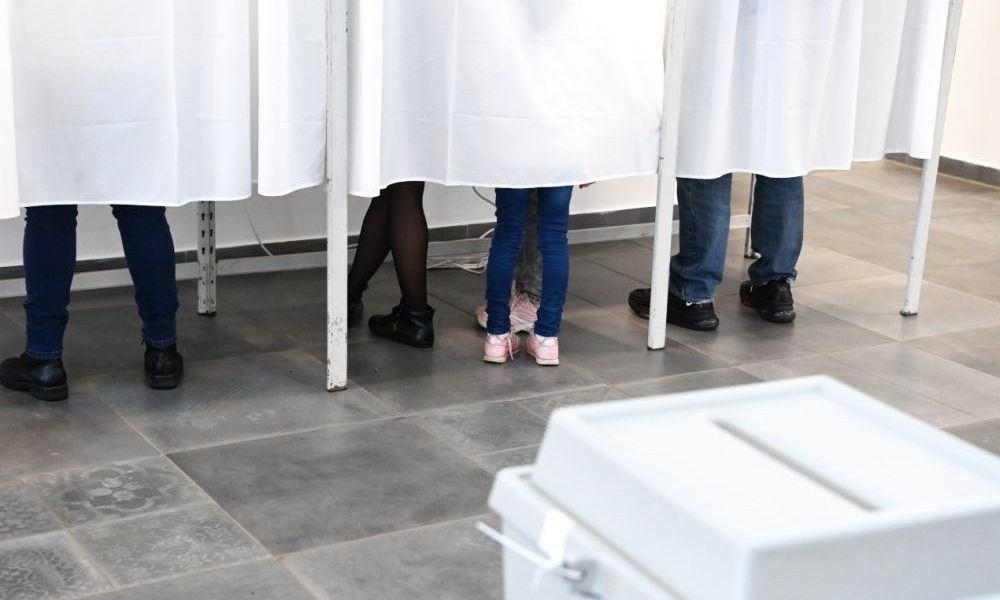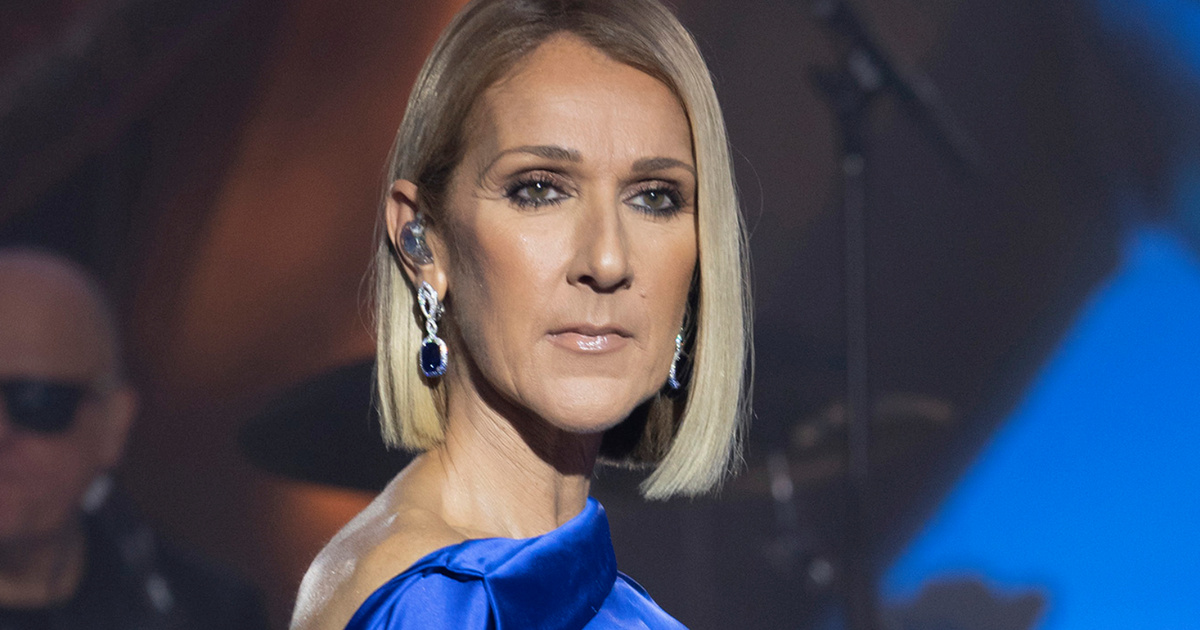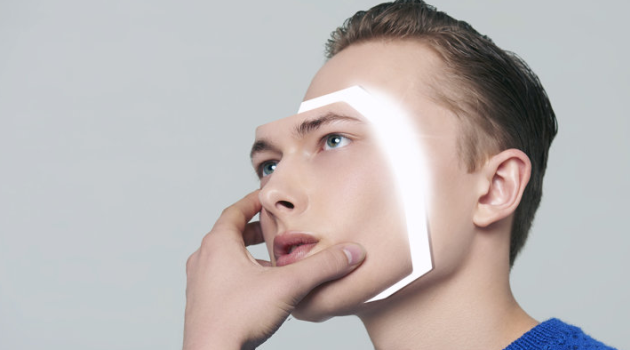The problem is on the agenda around the world, but the regulations introduced in China represent the most decisive measure yet against potentially harmful technology.
Chinese government’s Internet regulator (Cyberspace Administration of China – CAC) Announced in December The new regulations aim to ban AI-generated media in all cases where its source is not clearly identified. Although the CAC already made it illegal to publish and distribute artificial intelligence-generated “fake news” three years ago, the new set of rules responds to the emergence of apps that allow anyone to produce text, photos, videos or music.
Yesterday, the new restrictions finally took effect, banning the creation of deepfakes technology used to spread fake news and impersonate people without their consent. The guidelines require the respective service providers to ensure that no one can use their artificial intelligence algorithms to commit fraud or to spread false and harmful information. In this context, they must clearly distinguish the synthetic content by adding some kind of watermark. They must authenticate online identity on these platforms and allow users to report suspicious content.
Others have not yet been identified
According to the provisions, services that provide features such as intelligent dialogue, synthesized human voice, human face generation, and immersive realistic scenes must be clearly marked to avoid public confusion or misidentification. From Tuesday’s report in The Register. In the same way, it is forbidden for anyone to use technical means to delete them, given the amazing improvement of deepfake technologies and their frequent use in commercial applications that actually appear in commercials and movies.
Recently, it is not only China that has been questioned about the unauthorized use of mannequins based on other people’s photos and audio recordings, even when it comes to displaying deceased people in this way. Some states in the US have also banned certain forms of deepfakes, and the federal government has also published non-binding guidelines. The EU has also created its own rules to curb deepfakes, including the possibility of fines for service providers that do not have policies in place to detect and remove misinformation and bot user accounts.







